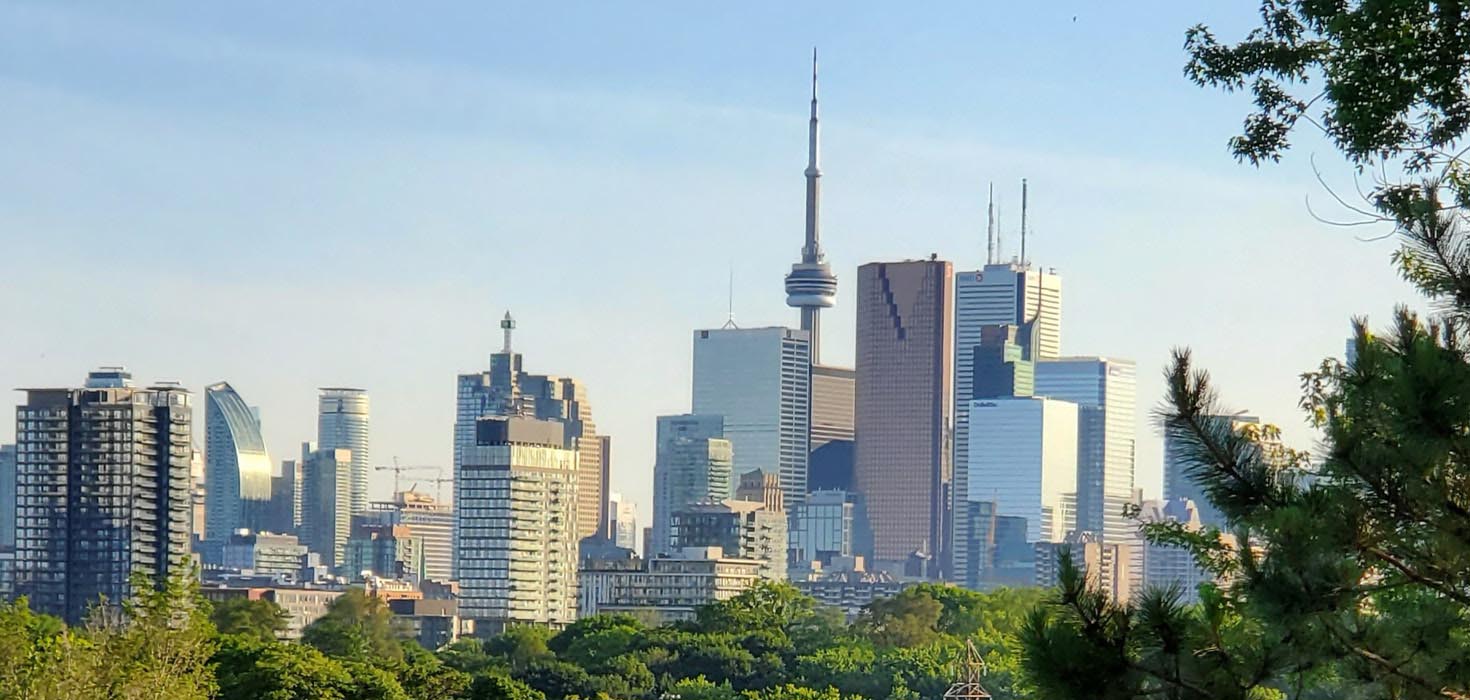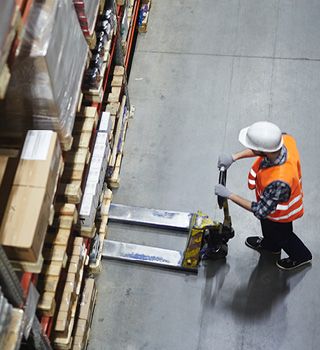In the lead-up to the Oct. 24 municipal election, in its Hit Go on Growth Toronto: 2022 Municipal Platform, the Toronto Region Board of Trade is calling for the incoming councils across the GTHA to take co-ordinated action on five key solutions to drive stronger growth and competitiveness. Our cities face a string of challenges if we are going to keep our standard of living. The reality is this: the problems we face today are the same problems we faced before the pandemic, only more acute.
Click here to read this article on thestar.com.
In just over a month, citizens across the province will cast their ballots for their municipal leaders. In the face of a bumpy recovery, rising inflation and tight budgets, we must consider the actions we can take at the municipal level to keep our cities moving forward.
Our region faces serious challenges that are outside the authority of any single municipality to solve alone, even the City of Toronto. This reality has been ignored for too long, and we’re paying a price. Now more than ever, we must address the issues that are holding our economy back.
Housing affordability, underdeveloped transit and gridlock, labour shortages, the loss of critical industrial lands and the thousands of good paying jobs that come with them — these are borderless issues best co-ordinated at the regional level through civic leaders who are willing and ready adopt a metropolitan mindset.
It’s only by thinking like a region and working with other municipalities, as other large, successful North American jurisdictions do, that we will realize our full potential.
This requires us to recognize the increasingly borderless ways we live and do business. The Toronto region is an integrated economic unit that is home to nearly 8 million people and 3.5 million jobs. We have shared supply chains and a common labour force that together generates a quarter of Canada’s GDP. Customers cross boundaries daily, workers seek jobs beyond their immediate neighbourhoods, and carbon emissions aren’t held back by lines on a map.
When we fail to think and act like a region, we miss out on the opportunities that growth brings. When business prospers, good-paying jobs are created, talent arrives and taxes come in to enable more housing, extended transit, new infrastructure and the important social services that afford us quality of life we have come to expect.
Good intentions won’t cut it. The reality is that our confederation model of municipal governments as creatures of the province functioning only within city borders no longer works. As Canada’s largest economic zone we lack the structures, tools, and resources to truly act regionally, a critical building block for the future. The rewards, while obvious, won’t necessarily come quickly, so it’s urgent we get started now.
This is especially true in the case of foreign direct investment where, despite efforts to co-ordinate investment attraction, our municipalities still compete with each other. In fact, the Toronto region has seen many lost opportunities from domestic and multinational companies that moved elsewhere in Canada or to the U.S. In a large, highly integrated urban region like ours, a win for one municipality is a win for all.
Other Canadian metro regions, such as Montreal and Edmonton, are already ahead. They have established regional organizations with a mandate to co-ordinate economic development activities for the benefit of residents, visitors, and investors.
To realize its full potential, the Toronto region needs formal mechanisms of co-ordination to address pressing issues. One step toward this would be for Toronto to drive the formalization of the GTHA Mayors and Chairs group, which met voluntarily and regularly during the pandemic to discuss shared challenges and common asks from the provincial and federal governments.
That group, along with its individual members, showed that big things can be accomplished by harnessing a sense or urgency and shared responsibility. It was the same energy that fuelled the region’s bid for Amazon HQ2, which although unsuccessful, did result in a one-time common strategy to sell the region.
We need our local governments to adopt a metropolitan mindset, and we need to elect local leaders who will push for that. Hitting go on municipal co-ordination is the first step to finally fulfilling the region’s true economic potential.
As we enter this municipal election season, let’s call on incoming leaders to come together to recognize the unprecedented opportunity that lies before us, one that we do not dare let go to waste.
Jan De Silva is the president and CEO of the Toronto Region Board of Trade. Don Iveson is a Canadian urban leader at the University of Toronto’s School of Cities and the former Mayor of Edmonton.


